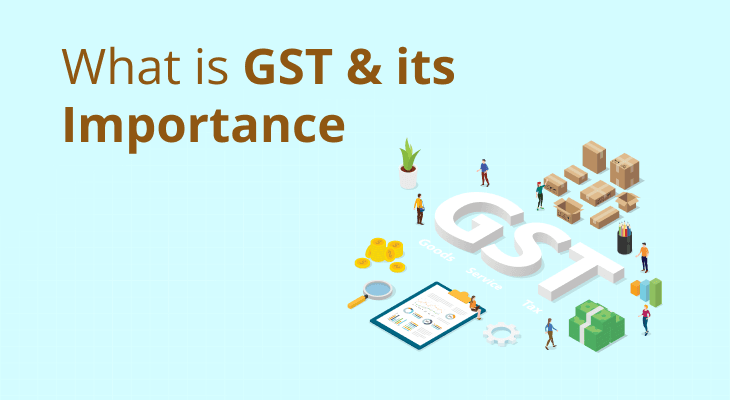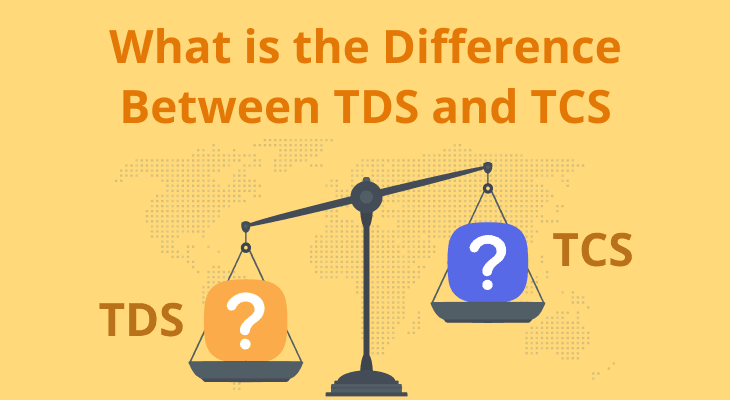
Table of content
- What is the NSC scheme?
- What are the features and benefits of the NSC scheme?
- What are the tax benefits of the NSC scheme?
- What are the eligibility criteria for investing in the NSC scheme?
- Who is the NSC suitable for?
- How do you invest in the NSC scheme?
- What are some other popular investments under Section 80C?
National Savings Certificate Scheme
As the famous saying goes, “Save money and money will save you”. While saving is essential and the first step to ensuring financial security, investing those savings is important to build wealth. There is a wide range of investment options in India to suit diverse goals and preferences, one of which is the National Savings Certificate (NSC). In this article, we will delve into the meaning, features and benefits of the NSC scheme.
What is the NSC scheme?
NSC is a government-backed savings scheme with a fixed interest rate. It aims to encourage savings among individuals with low to moderate incomes. In addition to giving secure returns, the scheme also offers tax benefits, further helping people maximise their savings.
What are the features and benefits of the NSC scheme?
Here are some important features of the NSC scheme:
- Guaranteed returns: The NSC is a government scheme with a fixed interest rate, so the returns are guaranteed, making it suitable for low-risk investors.
- Maturity period: The NSC scheme has a five-year tenure. Premature withdrawals are allowed only in certain special circumstances, such as a court order or the death of the account holder.
- Interest rate: The government revises the national savings certificate interest rate every quarter. The NSC interest rate ranges from 7.0% to 7.7% per annum, and is revised every quarter. The interest is compounded annually and paid out at maturity along with the principal. For instance, for a 7.7% per annum interest rate, your NSC investment of Rs 1 lakh will grow to Rs 1,44,903 at maturity.
- Investment amount: The scheme requires a minimum contribution of Rs 1,000, with investments allowed in multiples of Rs 100 after that. There is no upper limit on the investment amount.
- Nominee facility: The scheme allows appointing a nominee who stands to benefit from the investment in the event of the account holder’s death. The NSC is also transferable to another person.
- Loan collateral: Lenders accept the NSC investment as collateral for loans.
- Joint account: Investments in the NSC can also be made jointly by up to three individuals. The type of joint account determines the entitlement to maturity proceeds.
What are the tax benefits of the NSC scheme?
The tax benefits of the NSC scheme can be divided into two parts:
- Tax deduction on the initial contribution: Since the NSC is a one-time investment, the principal investment amount qualifies for a tax deduction of up to Rs 1.5 lakh in the year of investment.
- Tax deductions on the accrued interest: The interest on the NSC is paid out only on maturity. However, the interest reinvested during the first four years is treated as a fresh investment and, hence, qualifies for tax deductions under section 80C, subject to a maximum of Rs 1.5 lakh annually.
The interest paid out at maturity is fully taxable as ‘Income from Other Sources’.
Let’s understand this better with the help of an example:
Year | Opening Balance | Interest Earned (@7.7%) | Closing Balance | Deduction Claimed | Taxable Interest |
1 | 1,00,000 | 7,700 | 1,07,700 | 1,07,700 | 0 |
2 | 1,07,700 | 8,293 | 1,15,993 | 8,293 | 0 |
3 | 1,15,993 | 8,931 | 1,24,924 | 8,931 | 0 |
4 | 1,24,924 | 9,619 | 1,34,543 | 9,619 | 0 |
5 | 1,34,543 | 10,360 | 1,44,903 | 0 | 10,360 |
Note: The figures are rounded off to the nearest decimal.
Although the total accrued interest is Rs 44,903, only the interest of Rs 10,360 is taxable.
What are the eligibility criteria for investing in the NSC scheme?
Here are some things to keep in mind about the NSC eligibility:
- Both adult and minor residents can invest in the NSC. However, for minors, the investment must be made by parents or guardians on their behalf. The ownership can be transferred upon reaching the age of majority.
- Non-Resident Indians (NRIs) cannot invest in the NSC. However, they can continue holding the account until maturity if they open it before becoming an NRI.
- Trusts and Hindu Undivided Families (HUFs) cannot invest in the NSC.
Who is the NSC suitable for?
While all individuals are eligible to invest in the NSC, it is particularly suitable for the following:
- Low-risk investors: Conservative investors who do not want to expose their investments to risks can opt for the NSC since the returns are fixed and not market-linked.
- Low-income investors: The NSC’s low minimum investment requirement makes it an attractive option for people with limited incomes who are willing to save for a better future.
- Taxpayers: Investors can use the NSC to reduce their taxable income by up to Rs 1.5 lakh annually, making it suitable for individuals looking for tax-saving avenues.
How do you invest in the NSC scheme?
You can choose to invest in the NSC either offline or online, based on your convenience.
Here are the steps for each method:
Particulars | Offline mode | Online mode |
Step 1 | Visit your nearest post office and request the NSC application form. You can also download the form from the official India Post website beforehand. | Register and log into your India Post Internet banking account. |
Step 2 | Complete the form with the required details, such as your name, address, investment amount, nominee details, etc. | Click on ‘General Services’ > ‘Service Requests’ > ‘New Requests’ and select NSC from the options. |
Step 3 | Submit all essential documents, such as proof of identity, proof of address, and passport-size photographs. | Enter your investment details, verify and confirm the same, and upload the documents. |
Step 4 | Pay the investment amount either in cash, cheque or a demand draft. Save the acknowledgement receipt that you get on making the payment. | Make the payment through your linked bank account. |
Step 5 | Once your application and payment are processed, you will be issued the certificate either electronically or through a passbook. | Once your application is processed, you will receive an online confirmation. You can download the certificate through your Internet banking account or access it via your registered email. |
What are some other popular investments under Section 80C?
Similar to the NSC, the following investments offer tax deductions of up to Rs 1.5 lakh per financial year under Section 80C of the Income Tax Act.
- Public Provident Fund (PPF): The PPF is a government savings scheme that offers a fixed interest rate. It has a lock-in period of 15 years and falls under the Exempt-Exempt-Exempt category, meaning the principal, interest earned, and maturity amount are all tax-free.
- Unit Linked Insurance Plan (ULIP): A ULIP is a combination of insurance and investment. A portion of the premium provides life coverage, while the remaining amount is invested in the market to earn returns. ULIP maturity proceeds are tax-free subject to certain conditions.
- Tax Saver Fixed Deposits: Offered by banks, non-banking financial Companies (NBFCs) and post offices, these deposits have a lock-in period of five years. While the principal investment qualifies for a tax deduction, the interest earned is fully taxable as per the depositor’s slab rate.
- Equity Linked Savings Scheme (ELSS): ELSS is a mutual fund scheme that primarily invests in equities, offering the potential for wealth creation. It has the shortest lock-in period of three years among 80C investments. ELSS offers market-linked returns, and the gains on redemption are taxable as short-term or long-term capital gains, depending on the holding period.
FAQ
What happens if my national savings certificate is damaged or stolen?
If your certificate is damaged, lost or stolen, you can get a duplicate certificate by visiting the post office that issued the original one. You will have to fill out a specific application form and may have to submit certain documents to confirm your identity. The post office will process your request and reissue the certificate after due verification, which may take a few weeks.
Can I invest more than Rs 1.5 lakh every year in the NSC to avail of tax benefits?
While there is no upper limit for investing in the NSC, the tax deductions available are subject to a maximum of Rs 1.5 lakh per year as explained above. This means your investment can exceed Rs 1.5 lakh, but you can claim a deduction of only Rs 1.5 lakh under Section 80C.
Can I withdraw my NSC investment prematurely?
The NSC has a maturity period of five years. Premature withdrawals are only possible in three special cases:
- Death of the account holder
- A court order mandating the withdrawal
- Forfeiture by a pledgee being a Gazetted Officer, provided the pledge conforms to relevant NSC rules


